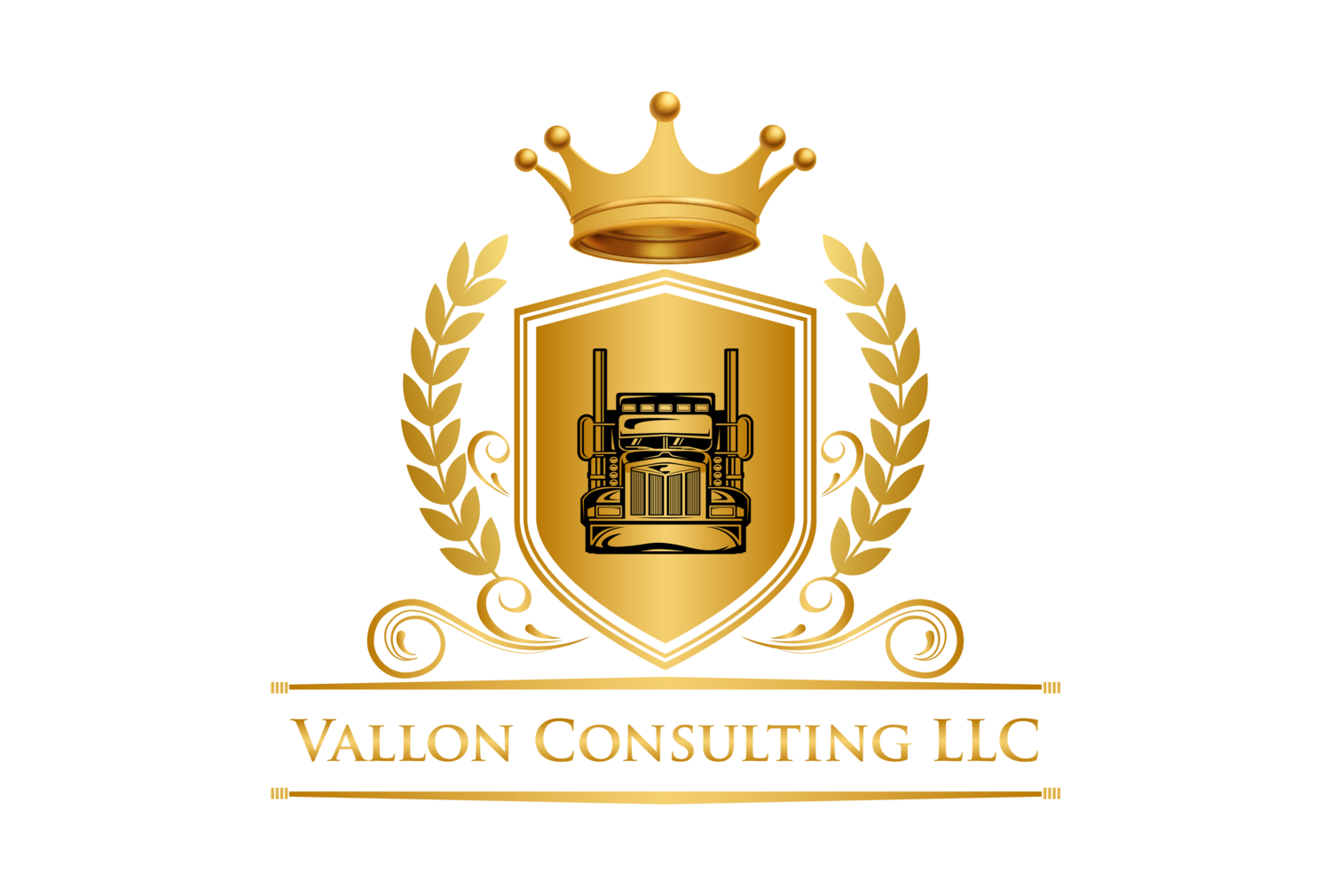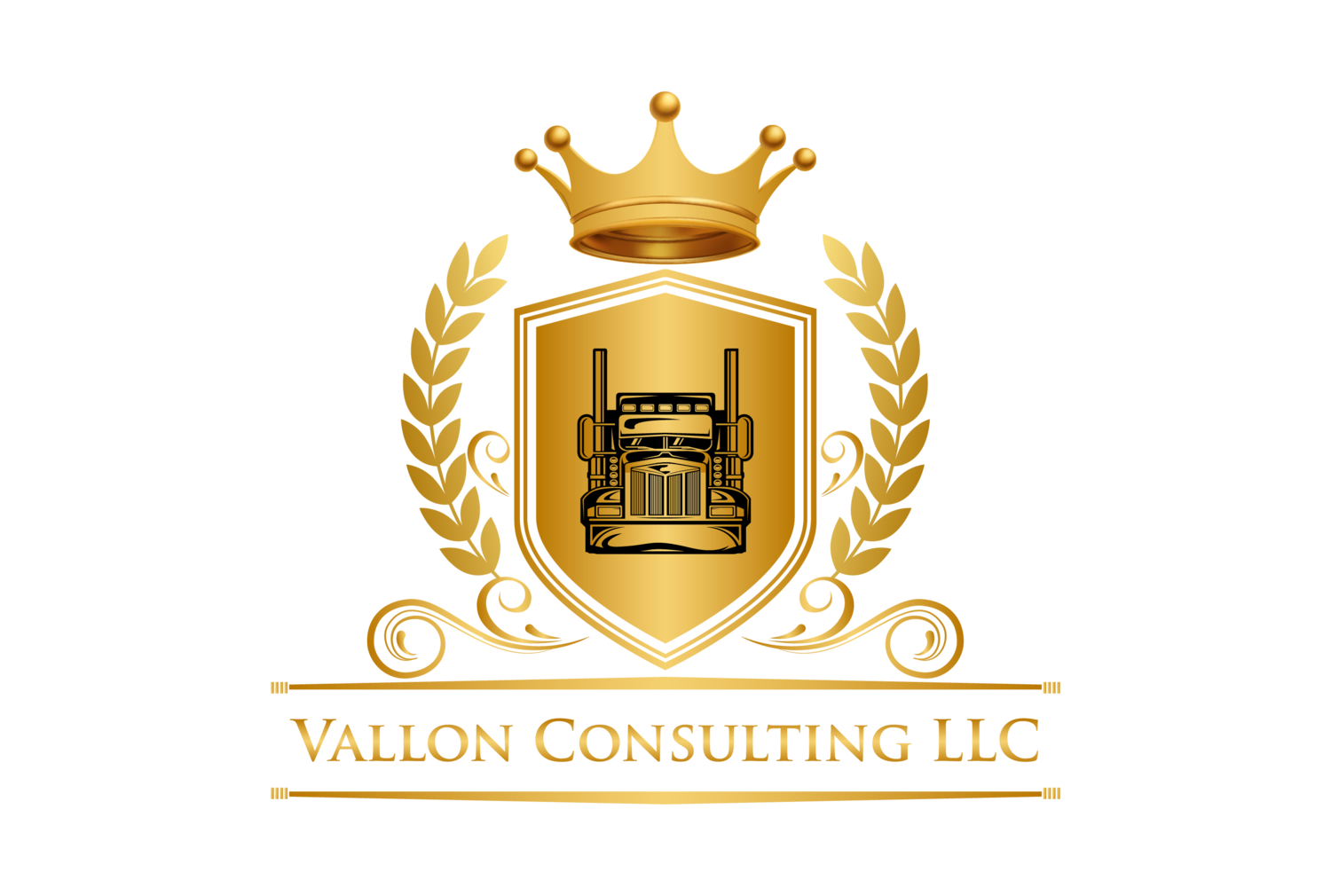Navigating the Corporate Transparency Act: Compliance Essentials for Small Businesses
As of January 1, 2024, the implementation of the Corporate Transparency Act necessitates that certain small businesses report ownership information to the government. This requirement aims to increase transparency and combat financial crime.
1.What is the Corporate Transparency Act?
The Corporate Transparency Act (CTA), enacted in January 2021 and taking effect January 1, 2024, is a significant piece of legislation aimed at combating money laundering, terrorist financing, and other financial crimes by increasing transparency in corporate ownership structures. Here's a breakdown of its key aspects:
1.1 Purpose
Increase transparency: By requiring certain businesses to report information about their beneficial owners (individuals who ultimately control or benefit from the business), the CTA aims to make it harder for criminals to hide their activities behind anonymous shell companies.
Combat financial crime: By making it easier for law enforcement to identify the true owners of businesses, the CTA can help prevent criminals from using these entities to launder money, finance terrorism, or engage in other illegal activities.
2. Who is affected?
The CTA applies to a broad range of business entities, including corporations, limited liability companies (LLCs), and certain other legal structures.
However, there are exemptions for certain types of businesses, such as publicly traded companies, banks, and credit unions.
3.What Information needs to be reported?
Businesses subject to the CTA must report:
Beneficial Owners:
Name
Date of birth
Address
Government-issued identification number
Intermediary Owners:
Information about intermediary owners holding ownership on behalf of ultimate beneficial owners
4.How is the information reported?
Businesses must file reports electronically with the Financial Crimes Enforcement Network (FinCEN), a bureau within the U.S. Department of the Treasury.
Reports must be filed initially and then updated annually, or whenever there is a change in beneficial ownership.
5. What are the penalties for non-compliance?
The CTA enforces civil and criminal penalties for willful failure to report complete or updated information. Violators may face civil fines of up to $500 per day for each unresolved violation, along with fines of up to $10,000 and/or imprisonment for up to two years. FinCEN emphasises that inadvertent mistakes made in good faith may not be considered violations, but compliance with reporting requirements remains essential.
6.Where and how should BOI reports be submitted?
BOI reports are submitted through FinCEN's secure filing system, BOSS (Beneficial Ownership Secure System). This system allows for electronic filing and can be accessed at https://boiefiling.fincen.gov/. Filings can be completed online, through fillable PDF forms, or submitted via service providers using an Application Programming Interface (API) for system-to-system integration
Conclusion:
In conclusion, navigating the Corporate Transparency Act (CTA) is essential for small businesses to ensure compliance with the new reporting requirements aimed at increasing transparency and combating financial crime. Understanding the key aspects of the CTA, including who is affected, what information needs to be reported, and how to submit reports through FinCEN's BOSS system, is crucial for businesses to avoid potential penalties for non-compliance.
By adhering to the CTA's guidelines and promptly submitting accurate and updated beneficial ownership information, small businesses can contribute to a more transparent and secure financial system while also safeguarding themselves against legal repercussions. Embracing these compliance essentials not only fulfils regulatory obligations but also reinforces a commitment to ethical business practices, integrity, and accountability in today's evolving regulatory landscape.
About Vallon Consulting LLC: Vallon Consulting is A Full-Service Trucking Consulting Company that tackles some of the most critical challenges and obstacles in the trucking industry. Our diverse global team is passionate about helping carriers and fleet managers meet their goals and ensure business stability. We do this by providing services, solutions, resources, and education.
At Vallon Consulting, We Take A “No Carrier Left Behind” Approach. Our Mission is to provide services and resources that address our client’s unique needs. You can learn more about us online at www.vallonconsulting.com and stay tuned with industry updates by following us on Instagram, LinkedIn, Facebook, and Twitter.




